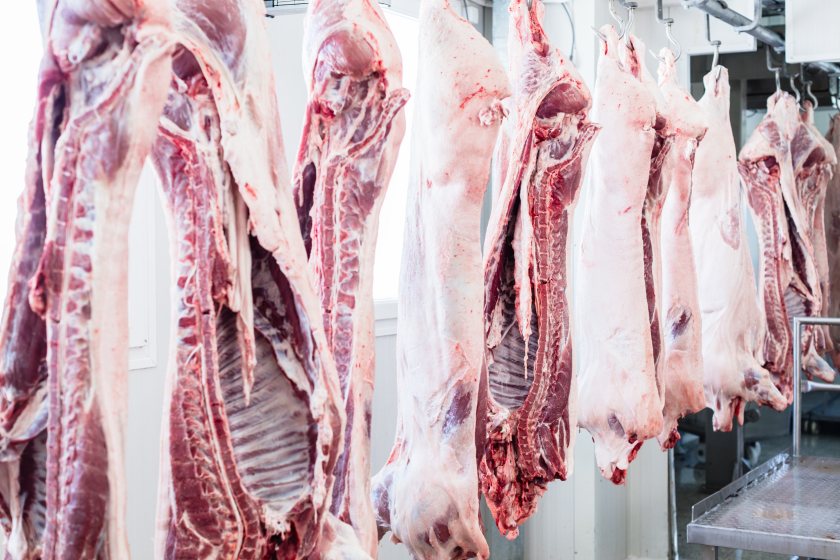National Food Crime Unit seeks more powers to investigate fraud

The Food Standards Agency (FSA) has launched a new consultation on giving the National Food Crime Unit (NFCU) more powers to investigate food fraud.
It asks for views on NFCU’s access to further additional powers that would allow food crime officers to be lawfully on premises and assist with searches, following an arrest by the police.
The NFCU is the law enforcement unit of the FSA and it tackles serious, organised, or complex cases of crime in relation to food.
Its role is to detect, investigate and disrupt serious fraud and related criminality within food supply chains, across England, Wales and Northern Ireland.
It follows on from last year’s consultation on enhanced investigatory powers for the NFCU, with responses broadly supportive.
Now the FSA is seeking to secure further legal powers for the NFCU in order to investigate food crime more effectively, with "autonomy and independence".
The agency is also seeking to reduce the dependency of support on partners, such as local authorities and the police.
FSA’s acting head of the NFCU, Andrew Quinn said: “We’ve launched this consultation as we want to protect consumers and businesses from food fraud more effectively.
"This additional power of search and entry would be a vital tool to make sure that investigations can be progressed more directly, while also freeing up local police services so their vital resources can be diverted to other priorities.
“At the same time any use of these powers of entry and search will be restrained, focusing on effective regulation to prevent and detect food crime, and subject to robust controls and external scrutiny.
"We remain committed to using any enhanced powers in a proportionate way that keeps the public safe, with strengthened safeguards and oversight arrangements to guard against their abuse."
The public, public health professionals and food sector partners in England and Wales can respond to the four-week consultation.








